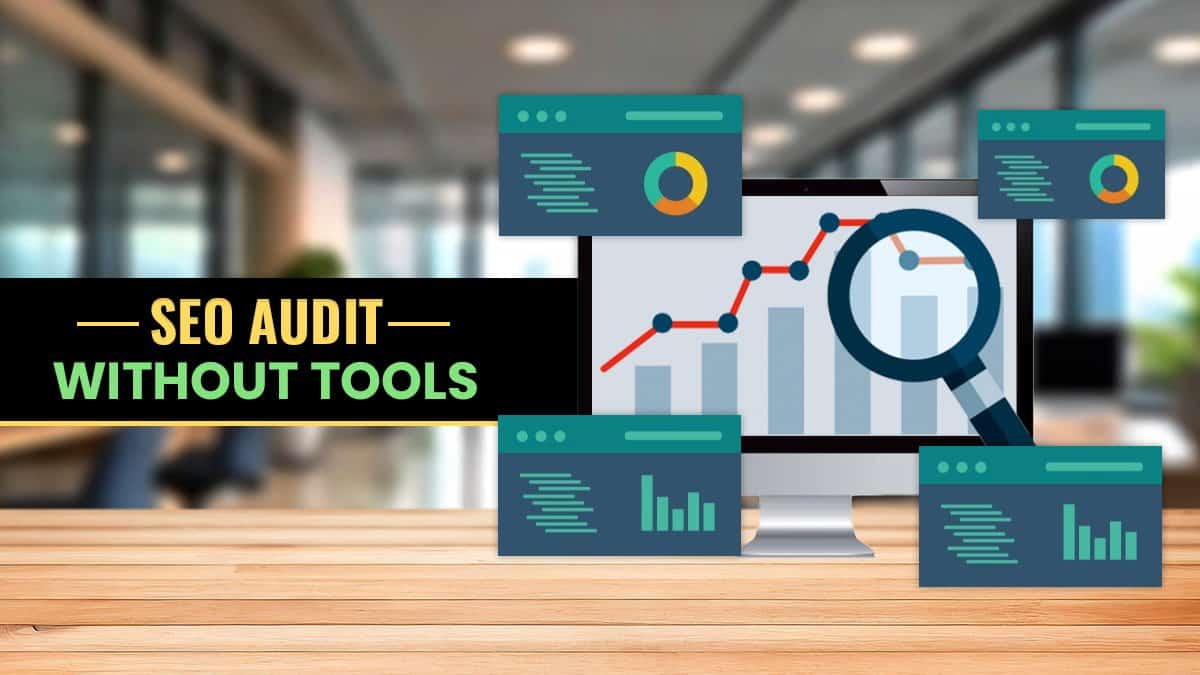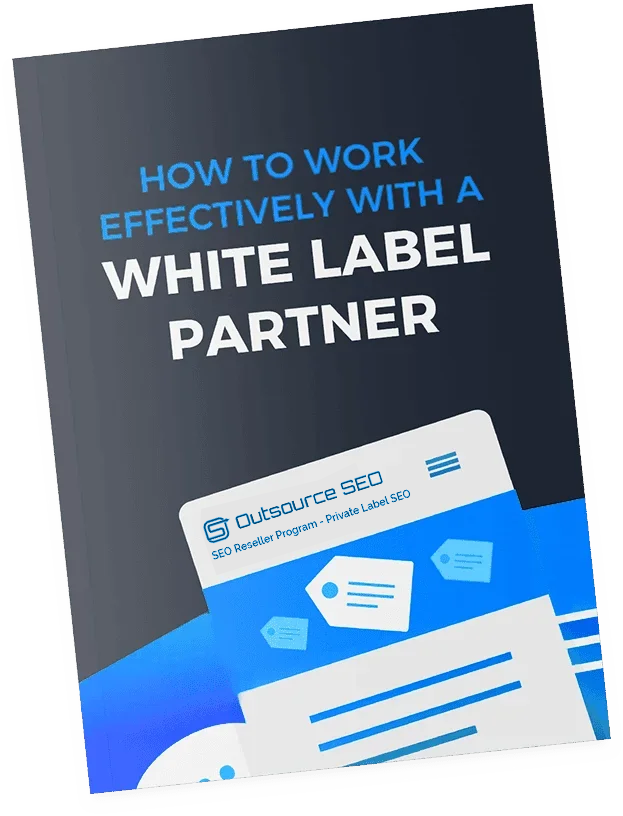In the field of SEO, marketers frequently face challenges that hinder their pursuit of optimal performance. These obstacles often take the form of mistakes, resulting in lower rankings and insufficient conversions on websites. Success in SEO requires a strategic approach with clear objectives.
However, many business owners and marketers initiate campaigns without defining specific goals, mistakenly believing success depends solely on increased traffic and sales. This oversight emphasizes the importance of establishing clear and measurable targets to guide SEO efforts effectively.
Numerous strategies exist to boost website visibility, but not all contribute to long-term success. Keyword stuffing, for example, may seem like a shortcut to higher rankings but ultimately undermines a site’s credibility and user experience. Similarly, neglecting regular site maintenance, such as fixing broken links, can lead to decreased traffic and penalties from search engines.
Furthermore, the unethical practice of content duplication carries serious consequences, emphasizing the necessity of creating original and valuable content. By recognizing these common SEO mistakes to avoid and adopting best practices, marketers can navigate the complexities of SEO more effectively, driving sustainable growth and improved online visibility.
Top SEO Mistakes to Avoid
Search Engine Optimization (SEO) is a strategic process aimed at improving your website’s visibility in organic search results. SEO service providers implement effective techniques to help your webpage achieve a prominent position in search engine rankings. This entails optimizing different elements of your site to align with search engine algorithms, leading to increased traffic and enhanced online visibility for your business or brand.
Keyword Stuffing
Keywords play a vital role in SEO success, but excessive use, known as keyword stuffing, can have adverse effects. This approach may lead to penalties from search engines such as Google, reducing your website’s search ranking. Finding a balance and avoiding overusing keywords is essential to upholding a positive online presence.
Instead, prioritize delivering valuable content that seamlessly integrates relevant keywords, promoting user satisfaction and optimizing for search engines.
Broken links
Consistently monitoring and managing your website’s content is essential for preventing broken hyperlinks, which could harm your online reputation. Implement regular checks to confirm that all links are functional and direct users to the correct pages.
Maintaining a well-organized and current website demonstrates reliability and professionalism, building trust among visitors. This proactive approach improves user experience and protects your credibility in the digital sphere. Continuously maintaining your site is crucial for upholding its integrity and reputation as a dependable online presence.
Copying Content
It’s vital to steer clear of copying content from competitors, as this can breach copyright laws and lead to penalties from Google, like decreased ranking or even removal from search results altogether. Prioritizing originality is vital, investing time and effort into crafting unique, engaging content.
By tapping into your own creativity and dedicating resources to producing valuable material, you not only comply with legal standards but also boost your website’s credibility and visibility in search engine rankings. This proactive approach shields you from legal consequences and cultivates a more robust online presence.
Content Duplication
Replicating pages within your website can be detrimental since Google typically indexes only one, reducing your site’s visibility. Creating distinctive content for each page is crucial to attract visitors, enrich their browsing experience, and prolong their time spent on your site. Compelling content not only boosts your site’s performance in search engine results but also cultivates a deeper interaction with your audience, ultimately bolstering the overall success of your website.
Poor Content Quality
When time is limited or when encountering unfamiliar territory, the content might occasionally fall short. However, there’s no need to worry. To guarantee high-quality content, it’s wise to take a moment and create a well-thought-out plan. It’s important to consider what engages the audience and ensure the topics are relevant.
Investing time and effort into comprehensive research and writing, utilizing techniques that capture their attention, is crucial. It’s imperative not to forget the critical step of reviewing the work to improve its quality. By prioritizing these steps, the content will deeply resonate with the audience and enhance the brand. Success relies on careful planning and unwavering commitment.
Non-Unique Title Tags
To avoid duplication, it’s vital to maintain unique page titles across various pages, particularly considering that CMS platforms such as WordPress, Joomla, and Drupal may automatically generate titles.
Having distinct page titles serves several purposes: it enables search engine crawlers to accurately index each page, improves usability by offering clear titles for users, and signals to search engine algorithms the relevance of your content, thus enhancing search visibility. This proactive strategy ensures effective navigation and comprehension of your website for both search engines and users.
Non-Unique Meta Descriptions
To enhance search engine visibility and boost user engagement, it’s crucial to ensure that meta descriptions are not repetitive across pages. Each meta description should be optimized to fully utilize the 160-character limit while being persuasive and descriptive. This approach provides concise yet informative previews of page content, enticing users to click through.
By tailoring meta descriptions for uniqueness and relevance, websites can attract and retain organic traffic, thus improving overall online presence and user experience. Consistently updating and refining meta descriptions is essential for staying relevant amidst evolving search algorithms.
Also Read: How to Get Natural Backlinks
Non Credible Links
To bolster the credibility of your content, incorporate links to reputable websites with established authority while steering clear of those with low or non-existent PageRank (PR). Prioritize quality over quantity in your external linking strategy.
Opt for high PR sites or authoritative blogs to bolster the reliability and trustworthiness of your content. By prioritizing top-tier sources, you elevate the value of your content and bolster your credibility with your audience, fostering trust and strengthening your online reputation.
Avoiding The Use Of Analytics
It’s essential to monitor your website traffic to gain insight into the effectiveness of your SEO efforts. Utilizing tools like Google Analytics and Webmaster provides valuable insights into user engagement with your content. This access allows you to understand what resonates with your audience, akin to having a backstage pass.
This information lets you adjust your strategies to enhance your online presence. Tracking your traffic enables you to observe the tangible outcomes of your SEO endeavors, empowering you to refine your approach and broaden your digital reach.
Optimizing The Wrong Keywords
To maximize your website’s effectiveness, aligning your content with pertinent keywords that correlate with your pages and resonate with users’ search queries is crucial. This entails conducting thorough keyword research to pinpoint phrases frequently sought by your target audience.
Strategic implementation of these keywords across your content can substantially boost your site’s visibility and relevance in search engine results. By prioritizing the optimization of your content with appropriate keywords, you can attract more traffic and heighten the likelihood of accomplishing your website’s objectives.
Conclusion
In summary, avoiding typical SEO errors is crucial to maximize your website’s visibility and effectiveness in search engine results. By steering clear of mistakes like keyword stuffing, neglecting mobile optimization, overlooking quality content creation, and ignoring technical SEO issues, you can enhance your website’s ranking, attract more organic traffic, and achieve your goals. Prioritizing best practices and staying updated on evolving SEO trends will help you stay competitive in the digital landscape.
FAQs
Why is mobile optimization important for SEO?
Most internet users now access content via mobile devices, so optimizing for mobile is paramount to delivering a smooth user experience. Search engines give preference to mobile-friendly sites in their rankings, meaning overlooking mobile optimization could harm SEO performance.
What role do meta tags and descriptions play in SEO?
Meta tags and descriptions provide search engines with details about a webpage’s content. Enhancing these components with pertinent keywords and succinct descriptions may boost click-through rates and visibility in search results.
How does creating quality content contribute to SEO success?
High-quality content that offers value, information, and engagement tends to draw increased organic traffic and inbound links. Search engines prioritize content that fulfills user intent and delivers valuable information, leading to enhanced rankings and improved SEO performance.
What are some technical SEO mistakes to avoid?
Common technical SEO errors encompass slow page speed, broken links, improper redirect usage, and challenges with crawlability and indexability. Resolving these issues is imperative to facilitate search engine accessibility and comprehension of your website’s content.
Should I prioritize local SEO for my business?
For businesses dependent on local clientele, focusing on local SEO is paramount. Enhancing your website for local keywords, managing and regularly updating your Google My Business listing, and garnering favorable reviews can significantly boost your visibility in local search outcomes.
What tools can help in avoiding SEO mistakes?
Businesses have access to various tools to prevent SEO errors. These tools include Google Search Console, which monitors website performance; SEMrush, used for keyword research and competitor analysis; and Yoast SEO, which optimizes on-page elements in WordPress websites. Regular audits and monitoring with these tools can promptly identify and resolve any SEO issues.








